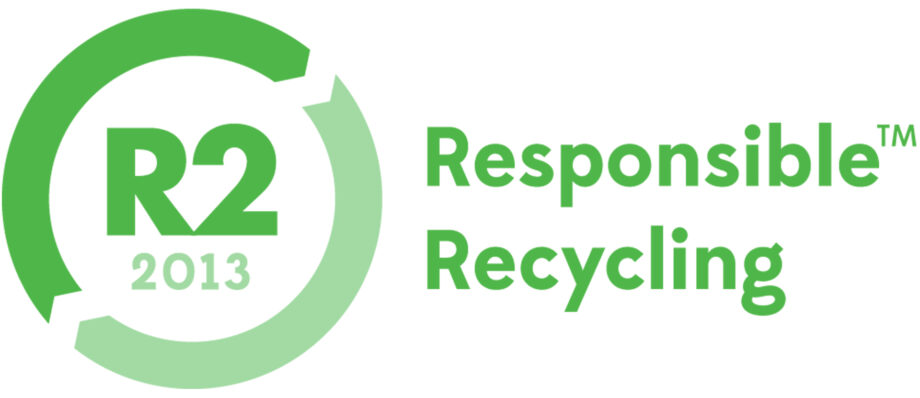The Role of Legislation in E-Waste Management
- September 16, 2021
- Uncategorized
- 1 mins read
Overview of Key Legislation
Legislation plays a crucial role in managing e-waste effectively. Various laws and regulations around the world aim to ensure proper disposal and recycling of electronic waste:
- WEEE Directive (Europe): The Waste Electrical and Electronic Equipment (WEEE) Directive is one of the most comprehensive e-waste management regulations. It mandates the collection, treatment, recycling, and environmentally sound disposal of e-waste.
- RCRA (USA): The Resource Conservation and Recovery Act (RCRA) governs the disposal of hazardous waste in the United States, including certain types of e-waste.
- State Laws (USA): In addition to federal laws, many U.S. states have their own e-waste recycling regulations. For example, California’s Electronic Waste Recycling Act requires consumers to pay a recycling fee when purchasing certain electronic devices.
How Regulations Influence Recycling Practices
These regulations significantly influence how e-waste is managed:
- Producer Responsibility: Many laws require manufacturers to take responsibility for the end-of-life disposal of their products. This encourages companies to design products that are easier to recycle.
- Collection and Recycling Targets: Regulations often set targets for the amount of e-waste that must be collected and recycled, driving improvements in recycling infrastructure and practices.
- Compliance and Enforcement: Authorities enforce compliance through inspections, penalties, and reporting requirements, ensuring that e-waste is managed responsibly.
The Role of Advocacy and Policy in Promoting Recycling
Advocacy and policy play vital roles in shaping e-waste management:
- Raising Awareness: Advocacy groups educate the public about the importance of e-waste recycling and the environmental impacts of improper disposal.
- Influencing Policy: Environmental organizations and industry groups lobby for stronger e-waste regulations and incentives for recycling.
- Corporate Responsibility: Advocates encourage companies to adopt sustainable practices and comply with e-waste regulations.
Examples of Successful Legislation and Areas Needing Improvement
-
Successes:
- WEEE Directive: The WEEE Directive has led to significant increases in e-waste recycling rates in Europe, with some countries achieving over 85% collection rates.
- Japan’s Home Appliance Recycling Law: This law requires manufacturers to take back and recycle certain appliances, resulting in high recycling rates and efficient material recovery.
-
Areas for Improvement:
- Global Standardization: There is a need for more consistent global standards to address the international nature of e-waste.
- Enhanced Enforcement: Stricter enforcement of existing laws is necessary to prevent illegal e-waste exports and improper disposal practices.
- Public Participation: Increasing consumer participation in recycling programs through incentives and education can further improve e-waste management outcomes.



